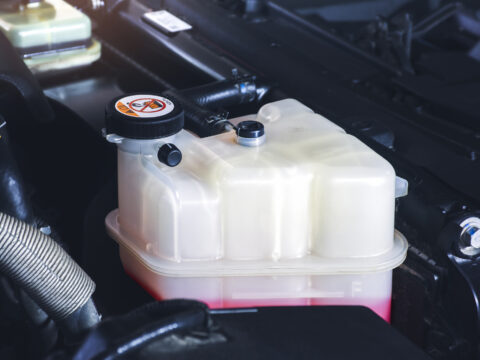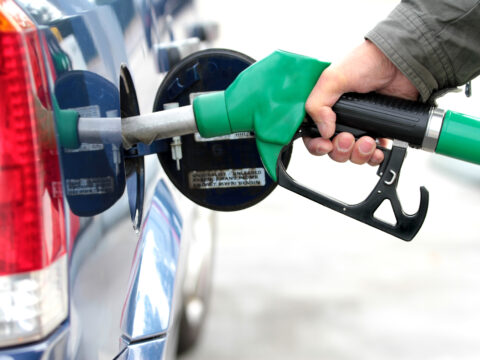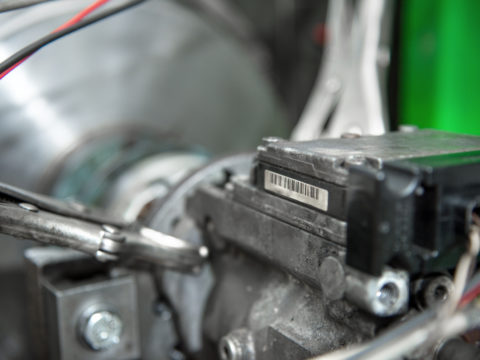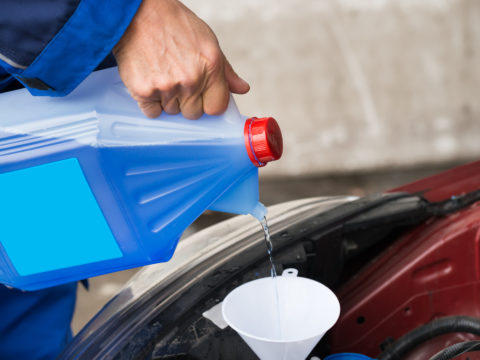Audi has always been synonymous with quality and comfort. They are known for their excellent cars and luxurious interiors and are considered luxury brands. Audi has been successful in its history but is it true that they need Premium gas to run?

If you’ve ever driven an Audi before, you probably know that those fancy sports cars get incredibly thirsty. And since the majority of the world uses regular unleaded gasoline, it would seem logical that they should also use the same fuel. What’s the problem?
Well, using Premium gas is expensive. On top of that, Premium gas contains additives that help prevent vehicle corrosion, which means that drivers who use regular gas risk potential harm to their cars.
So do Audis need Premium gas?
Audi vehicles are built for use with Premium fuel due to their direct-injection technology and turbocharged engines; without using Premium fuel, you’ll risk damaging your Audi by filling them up with regular gas rather than Premium.
Contents
Do All Audi Vehicles Require Premium Gas?
No, not all Audi vehicles require Premium fuel.
Most modern cars can safely operate on regular fuel. Older Audi models may not function as effectively on regular fuel as on Premium.
Any Audi equipped with an auto turbocharger needs to be fueled by Premium gas. However, there are some exceptions as some models like the TT are naturally aspirated and therefore require regular gasoline.
Also, every engine with a direct injection technology must use Premium gas to work as intended and increase its lifespan. So if your care has this direct injection by design, you will have to fill it up with premium gas.
However, many other types of Audi vehicles don’t require Premium gas, and they run just fine with regular gas.
Which Audi Model Requires Premium Gas?
Here are five Audi models that require the use of premium gas.
Audi R8
The Audi R8 2021 model has a 10-cylinder, 5.2 liters engine with an automatic gearbox (AM-S7). The fuel economy varies from 13 MPG in the city to 20 MPG on the highway.
Audi RS7
The Audi RS7 comes with two petrol engines – one of them is a 3998cc V6 petrol engine. It is available with an automatic gearbox. As per variants and fuels, the RS7 offers a mileage of 9.5kmpl.
Audi A3
The A3 offers excellent fuel economy for a compact car. It delivers an average mileage of 42.5 mpg during our real-world driving tests.
Audi S6
The Audi S6 has an 8-cylinder, 4.0-liter engine, and it has a great gearbox with it, too, such as the Automatic AM-S7. The fuel economy varies depending on where you’re driving. In the city, it has 18 MPG, and the highway has 27 MPG.
Audi A5
Meanwhile, the Audi A5 has a 4-cylinder, 2.0-liter engine, and it has an excellent gearbox, the Automatic AM-S7. The fuel economy varies depending on where you’re driving. In the city, it has 24 MPG, Highway 32 MPG.
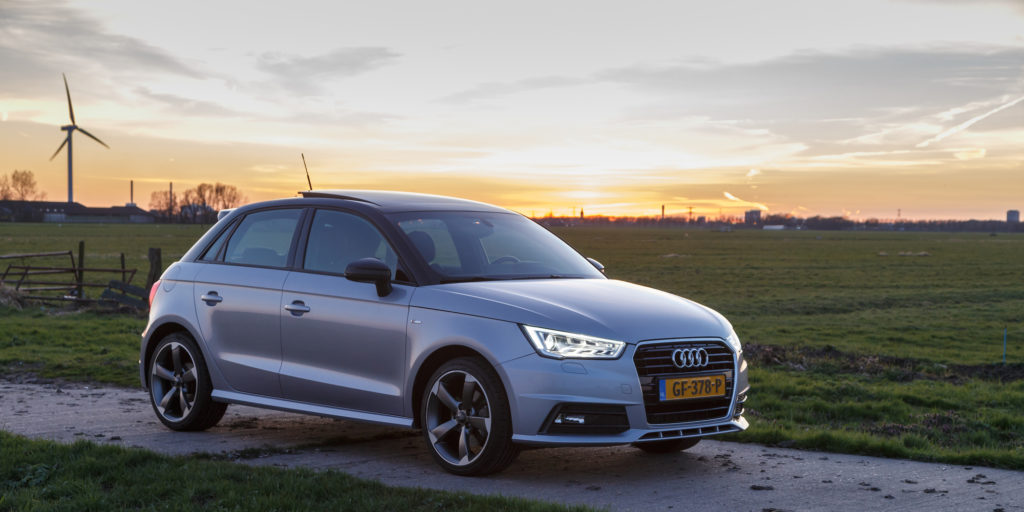
Which Audi Uses Regular Gas?
Here are five Audi models that require the use of regular gas.
Audi Q3
The Audi Q3 has a 4-cylinder, 2.0-liter engine, and it has a great automatic gearbox called S8. The fuel economy varies depending on where you’re driving. In the city, it has 20 MPG, Highway 28 MPG.
Audi Q5
The Audi Q5, 2022 version has a 4-cylinder, 2.0-liter engine, and it has an awesome automatic gearbox called the AM-S7. The fuel economy varies depending on where you’re driving. In the city, it has 23 MPG, Highway 28 MPG.
Audi A4
The new 2016 Audi A4 is available with both petrol and diesel engines. It gets a 2-liter turbocharged petrol engine producing 200 PS, and 400 Nm mated to an 8-speed dual-clutch transmission (DSG). It gets a claimed fuel efficiency of 15.9 kmpl for the petrol version and 18.7kmpl for the diesel one.
Audi Q7
There’s a 2-liter 4-cylinder engine with 248 horsepower and 273 lb-ft of torque. This engine gets an estimated 19 miles per gallon in the city and 25 miles per gallon on the highways.
Why Do These Audis Need Premium Gas?
It’s crucial to watch out for the recommended octane ratings when filling up your gas tank. If you fill up with the wrong kind of fuel, you could cause damage to your engine and possibly even affect its performance and efficiency.
Cars have built-in safeguards to protect them from damage if you use an inferior gasoline grade. However, if you use a lower-grade gas, you’ll likely suffer some loss of power due to the car’s computer limiting the boost pressure and/or igniting the spark plugs at a slower rate.
Because they’re designed specifically for high-octane gasoline, most Audis can’t be used with regular unleaded fuel. If you fill your car up with non-Premium gas, you could damage your vehicle.
What if I Put Regular Gas in My Audi?
If you put regular fuel into your Audi by accident, its ECU will revamp engine timing and perform differently than if you had filled it with Premium fuel.
The result: Your Audi might feel sluggish or stop working altogether. You may notice changes in how your Audi handles and responds to driving conditions.
Most of the time, this works fine for running non-Premium fuel. However, if you’re buying cheap fuel for extended periods, it might be better to switch to Premium fuel instead. Your car will give up on you, and the engine might suffer some severe damage.
Best Gas for Audi
Premium gas is the best option for an increased lifespan of your Audi. It has been specially formulated to provide optimal protection against corrosion and other forms of deterioration over time. Regular unleaded gas is cheaper, but it doesn’t offer the same level of protection.
In some cases, as we saw above, if your Audi’s engine has a direct-injection technology and a turbocharged engine, then you can’t escape but use Premium gas. You’re limited by the engine’s design, and that’s the only fuel that will be good for your vehicle.
However, we also saw other models that don’t have this problem, such as the Audi Q3, Q5, A4, and more. If your car falls in this category, you can use regular fuel without causing any problems to your vehicle.
The 91 Octane rating is the highest available octane rating for automotive fuels. The higher the octane number, the greater resistance to knock and the longer the engine life. This is why many manufacturers recommend using 91 octane fuel for your Audi.

